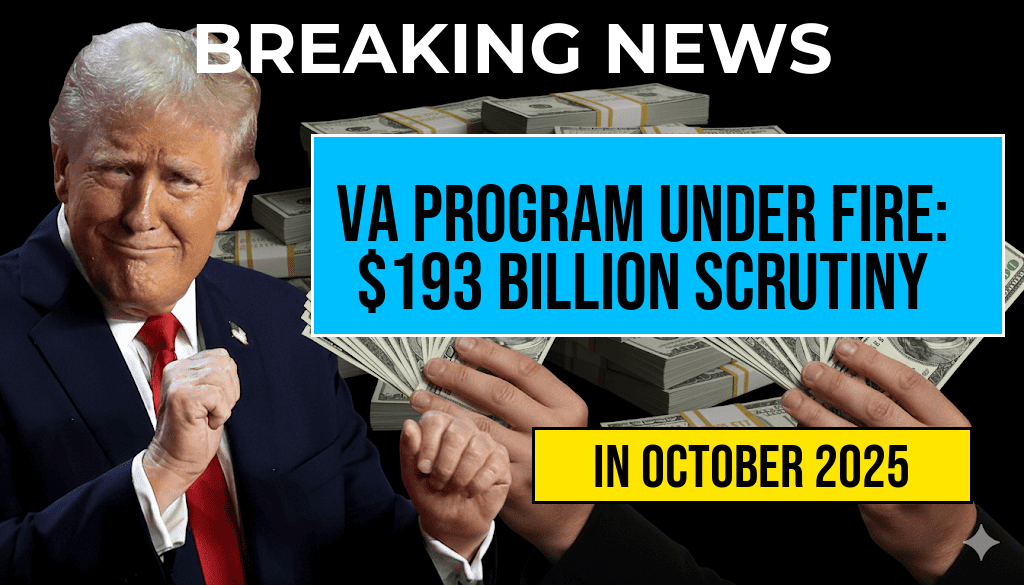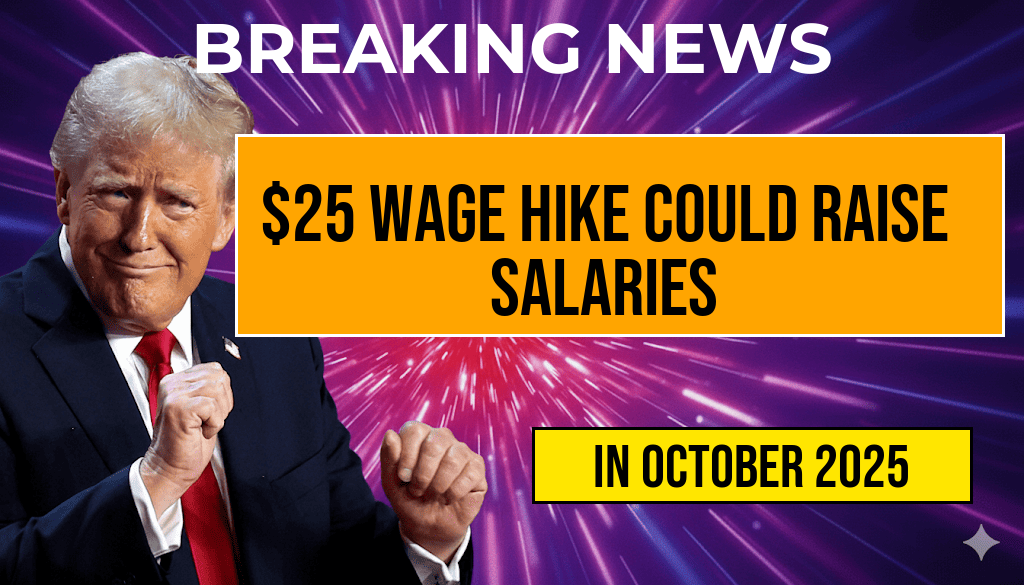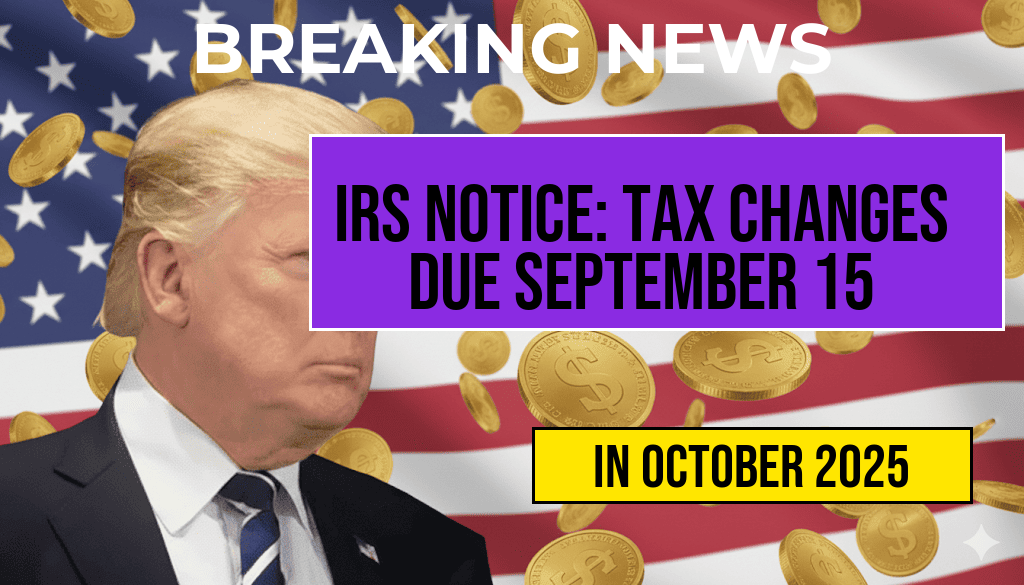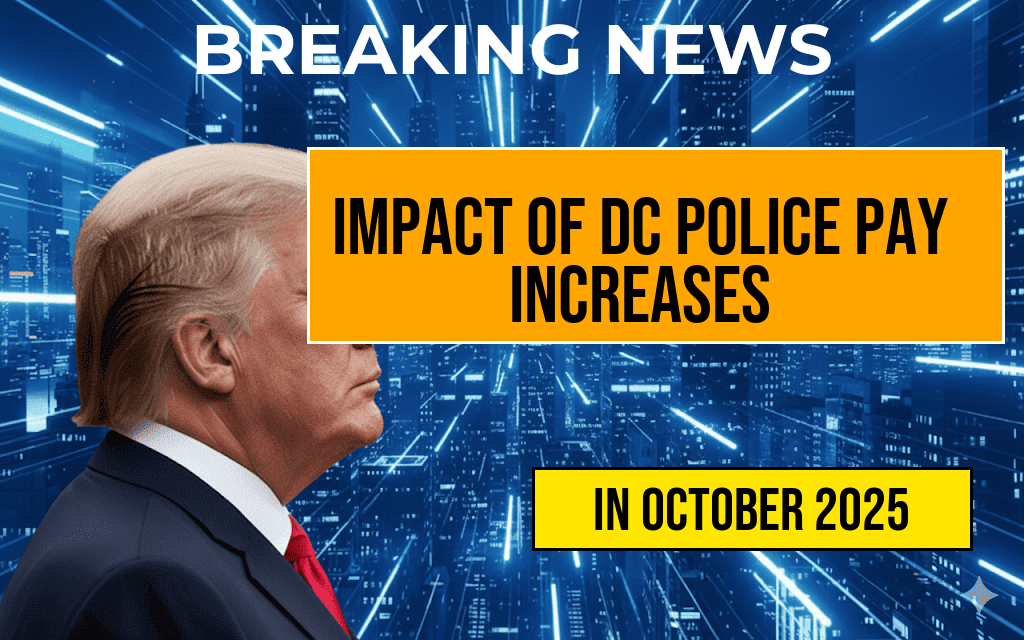The U.S. Department of Veterans Affairs (VA) is currently facing significant scrutiny over its $193 billion benefits program, which is designed to assist millions of veterans across the nation. Recent proposals aimed at reforming the program have raised concerns that new rules could result in substantial reductions to monthly benefits for many veterans. Stakeholders, including veterans’ advocacy groups and lawmakers, are voicing their apprehensions about the potential impact of these changes, emphasizing the need for a careful review before any alterations are implemented. As the debate unfolds, the future of veterans’ benefits hangs in the balance, with calls for transparency and thorough consideration of the consequences for those who have served the country.
Understanding the VA Benefits Program
The VA benefits program includes a range of services such as disability compensation, pensions, education benefits, and healthcare services. Established to support veterans in their transition to civilian life, the program has become a critical lifeline for many. With a budget exceeding $193 billion, the VA is one of the largest government agencies tasked with providing these essential services.
Proposed Changes and Their Implications
In recent months, the VA has put forth proposals aimed at streamlining benefits and eliminating what officials describe as inefficiencies within the system. However, some of these proposals could lead to significant reductions in monthly checks for veterans, particularly those who depend on disability compensation. The proposed adjustments include:
- Reevaluation of Disability Ratings: A systematic review of disability ratings could result in lower payments for some veterans.
- Changes to Eligibility Criteria: New eligibility standards may disqualify certain veterans from receiving benefits.
- Reduction of Benefits for Dependents: Proposed cuts may also affect benefits extended to dependents of veterans.
Reactions from Veterans and Advocacy Groups
The proposed changes have sparked outrage among veterans and advocacy organizations, who argue that the reforms could jeopardize the financial stability of many veterans. Organizations such as the Veterans of Foreign Wars (VFW) and the American Legion have publicly condemned the potential cuts, stressing the importance of maintaining adequate support for those who have served in the military.
Many veterans have expressed concerns that the proposed changes do not take into account the unique challenges they face, including mental health issues, unemployment, and the high cost of living. “The VA benefits program is not just about financial support; it’s about dignity and respect for our service,” said John Smith, a veteran and member of a local advocacy group.
Legislative Response
In response to the backlash, several lawmakers have voiced their opposition to the proposed changes. Congressional representatives from both parties are working to ensure that any reforms to the VA benefits program prioritize the needs of veterans. A bipartisan coalition is advocating for a comprehensive review process that includes input from veterans and their families. “We owe it to our veterans to ensure that they receive the benefits they deserve,” stated Senator Jane Doe during a recent press conference.
Potential Outcomes and Next Steps
The future of the VA benefits program remains uncertain as discussions continue. Key stakeholders are urging the VA to reconsider its approach and engage in a transparent dialogue with veterans. The following steps are being proposed:
- Public Forums: Organizing forums to gather feedback from veterans and advocacy groups.
- Policy Reviews: Conducting thorough reviews of current policies and proposed changes.
- Legislative Oversight: Implementing checks and balances to prevent detrimental cuts to veterans’ benefits.
Conclusion
As the VA navigates these complex issues, the welfare of millions of veterans hangs in the balance. With bipartisan support building against potential cuts, the outcome of this debate could redefine the landscape of veterans’ benefits in the United States. Ensuring that veterans receive the support they need will remain a top priority for advocates and lawmakers alike.
Frequently Asked Questions
What is the $193 billion program being discussed in the article?
The article focuses on a $193 billion program run by the VA (Department of Veterans Affairs) that is currently facing significant scrutiny.
Why is the VA program facing scrutiny?
The program is under fire due to concerns regarding its financial management and the potential impact of new rules that could affect veterans’ monthly benefits.
What changes are being proposed that could impact veterans’ checks?
The proposed new rules could lead to a reduction in the amount veterans receive, potentially slashing hundreds of dollars from their monthly checks.
How might these changes affect veterans financially?
If implemented, the changes could significantly impact many veterans, leading to financial strain for those depending on these benefits for their livelihood.
What are veterans’ reactions to the proposed changes?
Many veterans are expressing concern and frustration over the proposed changes, fearing the loss of crucial financial support that they rely on.







